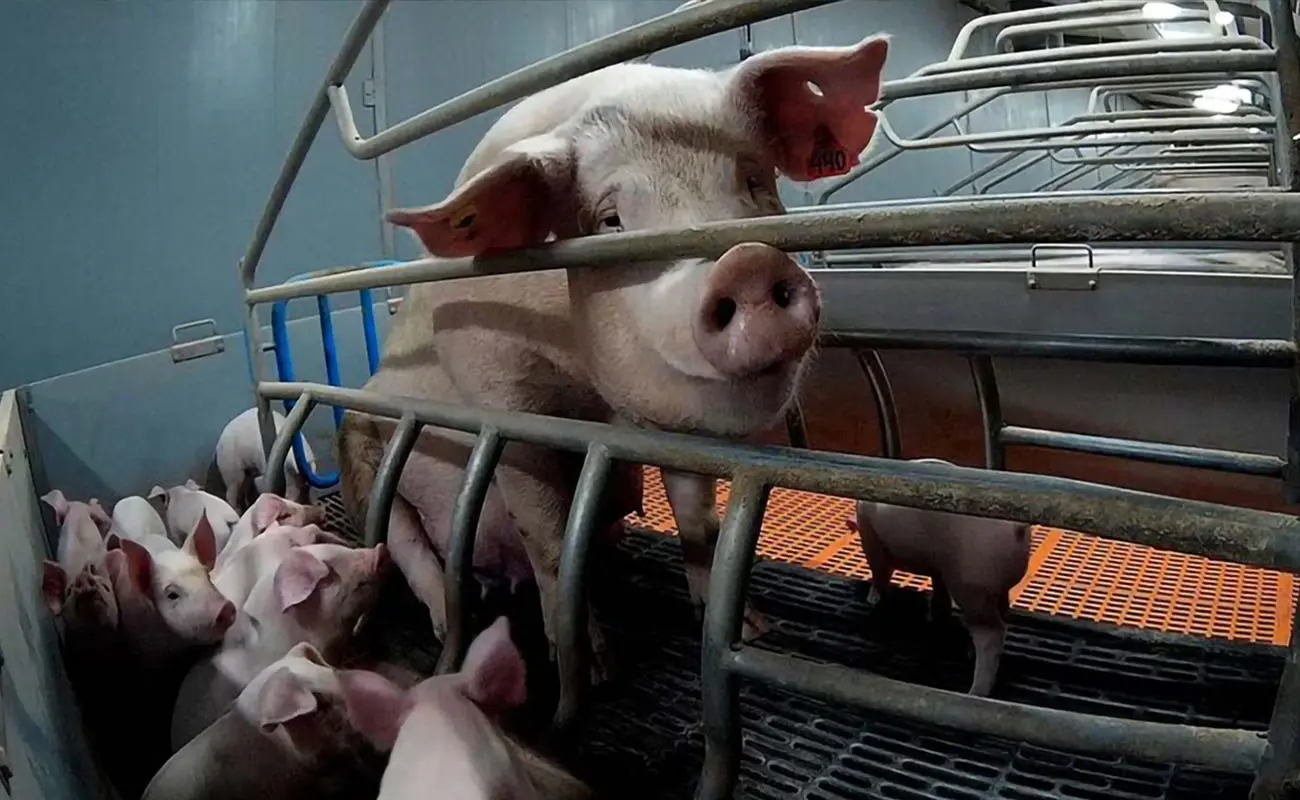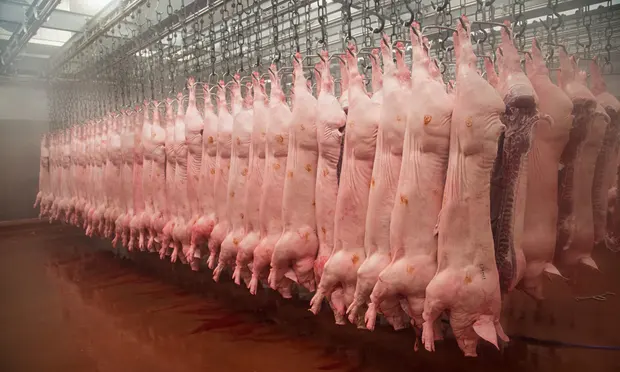Animal cruelty encompasses a wide range of practices where animals are subjected to neglect, exploitation, and intentional harm for human purposes. From the brutality of factory farming and inhumane slaughter methods to the hidden suffering behind entertainment industries, clothing production, and experimentation, cruelty manifests in countless forms across industries and cultures. Often concealed from public view, these practices normalize the mistreatment of sentient beings, reducing them to commodities rather than recognizing them as individuals with the capacity to feel pain, fear, and joy.
The persistence of animal cruelty is rooted in traditions, profit-driven industries, and societal indifference. Intensive farming operations, for instance, prioritize productivity over welfare, reducing animals to units of production. Similarly, the demand for products such as fur, exotic skins, or animal-tested cosmetics perpetuates cycles of exploitation that disregard the availability of humane alternatives. These practices reveal the imbalance between human convenience and the rights of animals to live free from unnecessary suffering.
This section examines the broader implications of cruelty beyond individual acts, highlighting how systemic and cultural acceptance sustains industries built on harm. It also underscores the power of individual and collective action—ranging from advocacy for stronger legislation to making ethical consumer choices—in challenging these systems. Addressing animal cruelty is not only about protecting vulnerable creatures but also about redefining our moral responsibilities and shaping a future where compassion and justice guide our interactions with all living beings.
Factory farming, the backbone of industrial agriculture, dominates global food production with promises of efficiency and affordability. Yet beneath the surface lies a harrowing truth: animals raised for meat, dairy, and eggs endure relentless cruelty in overcrowded, unsanitary conditions that prioritize profit over welfare. From confinement in cages barely larger than their bodies to untreated injuries and psychological torment, this system perpetuates suffering on an unimaginable scale—all hidden behind glossy packaging and low prices. In this article, we expose the dark realities of factory farms while highlighting their ethical, environmental, and health consequences. It’s time to confront these truths and advocate for a humane food system that values compassion over convenience






















































